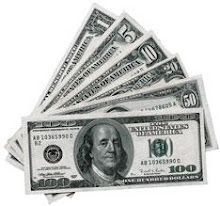For year end, there a few items you should review to make sure you are not missing expenses on your books or need to pay additional expenses for the tax deduction.
1. Review your taxes paid for the year for payroll, property tax, etc to make sure you have paid them. If you have not you either have to pay them by the 31st or will have to take the deduction in the next year. You can generally pay most taxes online.
2. Verify that you have booked all interest expenses on any loans you have for the business and the loan balances are reflected correctly on your balance sheet.
3. Review any fixed assets you have purchased during the year and check if they are fully depreciable, such as furniture and equipment. You may want to go ahead and expense the depreciation on the books to see where you stand. If the asset is not fully depreciable, for example personal laptop computers, then you can estimate how much of it you can depreciate, for example 75%.
4. If your taxable income is higher than what you would like to pay income tax on, check if there are any outstanding expenses you can pay by the 31st of December.
Thursday, December 30, 2010
Thursday, December 16, 2010
How to enter recurring bills
If you have bills that come in monthly at the same amount and want to enter them in the bill pay system, you can memorize the bill. Let's say you have a monthly internet bill that comes in each month and is due on the 10th of the month for $45.00. You would go to the Vendors tab in Quickbooks and select "Enter Bills". Fill out the information on the bill then select "Memorize Bill." From there you can select to enter it monthly and how many months you want to keep entering the bill and on what day of the month. Because the default due date is 10 days you want to have it entered on the 1st so that you are able to have it due on the 10th of the month. Now when you run your Unpaid Bills report it will automatically appear on the listing each month. This can help save your data entry time.
Subscribe to:
Comments (Atom)
